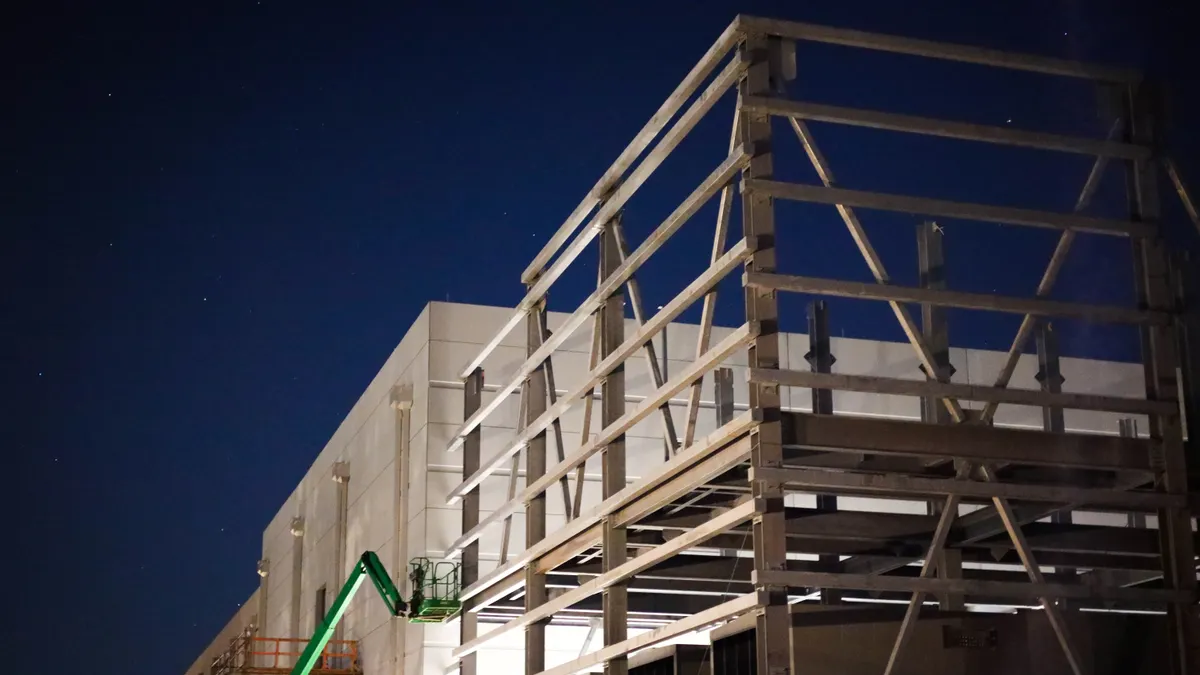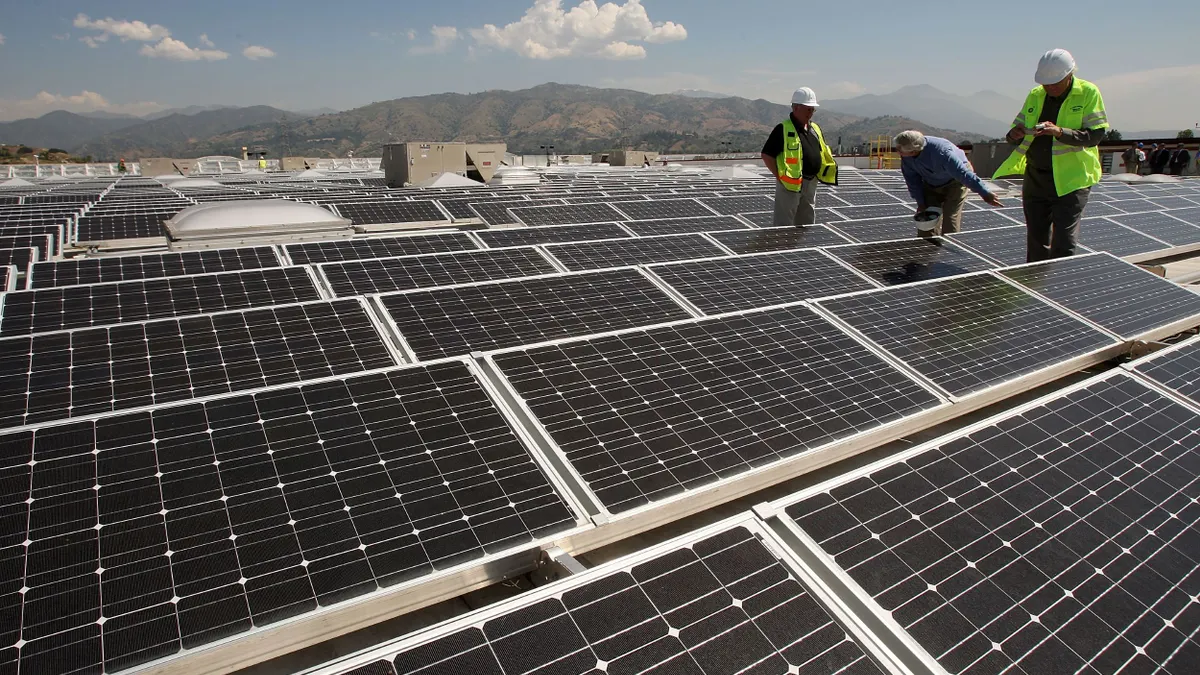How can utilities convince consumers to save energy? That's one of the big questions facing U.S. utilities as the prospect of a hot summer looms over the power grid.
Utility Dive spoke with Marlene Motyka, U.S. alternative energy leader and principal at Deloitte Financial Advisory Services LLP, about what reasons today's electricity consumers have to be more efficient. Motyka joint-led Deloitte's reSources 2013 study of what end-users have done, are doing and will do to save energy. (Some of the results of the study are included in an infographic after the interview.)
Here's what she had to say:
UTILITY DIVE: What kind of energy efficiency terminology are consumers most aware of?
MARLENE MOTYKA: From the perspective of what we’ve seen, it's about what kind of control can they have over their own usage. We phrase it more as energy management. We ask them what do they currently do and what do they expect to do in the future. So what they tell us is, basically, they’ve been focusing on the low-hanging fruit—turning off the lights, adjusting the thermostat. They found that had results. They felt like they were making a change, they were making reductions and they said, "Now that we have these reductions, we’re not going to go back. Even if the economy gets better, we’re going to continue to be resourceful."
Then we said what are you going to do in the future? What we’ve seen more so in this survey than in the past two years is that now—and I think it has to do with the bigger economy—they’re saying, "I realize that to get more gains, I have to spend more money but I’m going to be more willing to do that. I’m going to do better at insulating my home, I'm going to replace old inefficient appliances with new energy-efficient ones,I'm going to install energy-efficient windows, I'm going to look at installing solar panels." They say they’re going to start doing that.
How can utilities better educate their customers to save energy?
MOTYKA: We found that actually a lot of times consumers are going to friends or neighbors to find out information. In some cases, the question is what content is the utility providing and does it make sense? If they can go to friend who has tried something or done something already, they feel very comfortable with that.
Why do you think there is this consumer backlash against smart meters?
MOTYKA: It’s probably not necessarily understanding enough about what the meter does. They hear about it but it hasn’t translated yet to how it will help them and how they can utilize it. I think when they start to see the ability, to be able to see real-time rates or to make adjustments. You’re always going to have people that won’t embrace it, but you’ll have a lot of people that will really embrace it and realize it’s a way to better empower themselves.
Consumers are becoming increasingly interested in rooftop solar panels. Should utilities see this as an opportunity or a threat?
Distributed generation is a challenge for utilities and the reason for that is you still have the same infrastructure you need for the whole network. If people are putting rooftop solar on their houses—granted, it helps with being green—then those individuals are not using as much of the system for their electricity as they did before, so you still have the same cost to distribute. So people who don’t have the ability to utilize solar are then sometimes subsidizing those who have the solar. That’s a challenge for utilities. How do they work that out? How do they promote it and support it but also work within the confines of their structure and pricing and infrastructure that they have?
If there’s a breakthrough development in energy storage, rooftop solar panels could become a much more viable and reliable method of getting energy. As a result, the utility could just become a back-up source of power. How do utilities react? Do they evolve their business models?
I didn’t come up with the phrase but I think it’s very appropriate—when will people start to personalize energy? People have their iPhones and their apps, and they personalize a lot, but people could become their own individual island in this whole concept of distributed generation taken to the extreme.
In Germany right now, there are people who have rooftop solar, get all the energy they need from it and sell the surplus back to the grid.
Right, if you talk about having storage, people could have an electric car, they could have solar and they could almost become self-sufficient. Our belief is that with the way a utility is structured now, there are lots of challenges with decreasing demand and rising costs. So the question is how do utilities change? Part of that is they have to figure out how much they want to embrace on the innovation side to become part of the mix. And how far do they want to go? But also how can they make those changes based upon the regulatory structure?
There’s a lot of pieces that are all connected. The utilities, in my opinion, probably have to push a little bit more, try to be more innovative to figure out how they need to change in order to really look at the broader aspects and the future. Just because it was this way for the last 100 years, doesn’t mean it will be that way going forward.
What actually makes consumers want to save energy?
It started that when the recession hit and they were figuring out where they could save money. They started realizing they could do some things with regard to energy and it was a great feeling—"I have control over something, I can make a change, I can see an impact."
It started more as a control thing—now some people are very much into the green aspect of it—but most people were into it from a monetary perspective. And we found that even though the economy is coming back, these consumers are saying, "I’m not going to go back to my old habits. I’m really going to be focused on this going forward. I’m not, all of a sudden, going to start using that much more electricity."
And so is saving money how utilities can sell end-users on investments like the smart grid?
Yes.

Would you like to see more utility and energy news like this in your inbox on a daily basis? Subscribe to our Utility Dive email newsletter! You may also want to read Utility Dive's look at demand response and what the future holds for utilities.






















